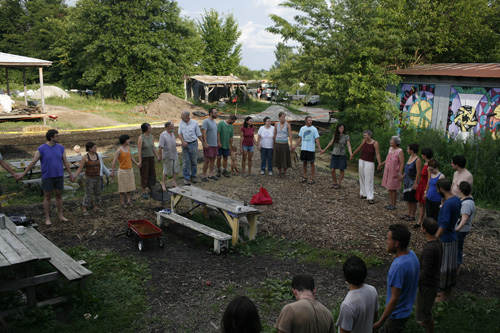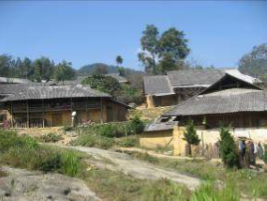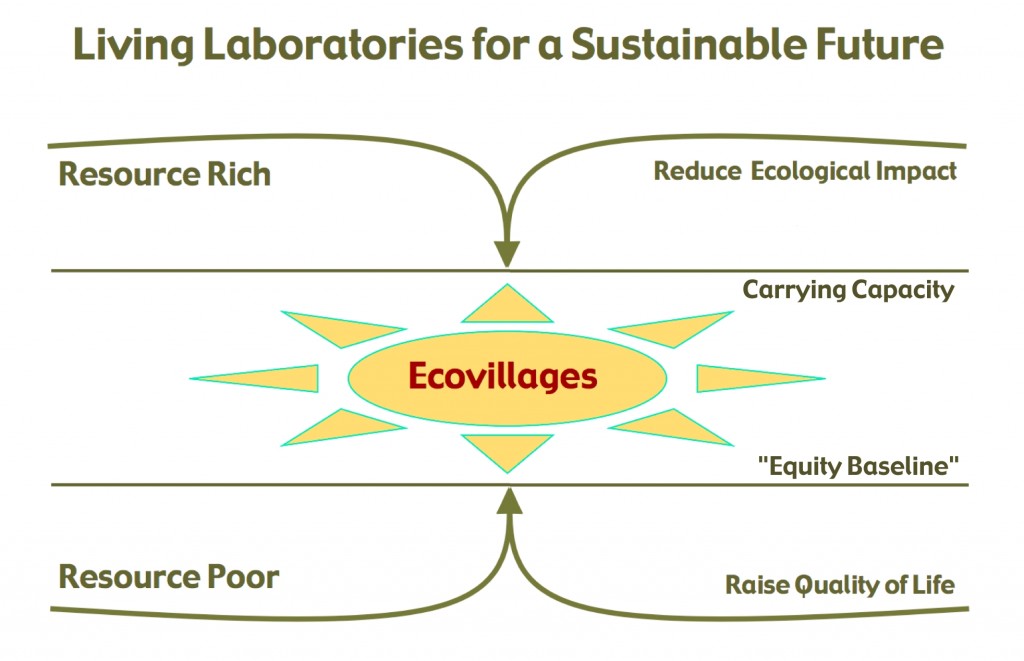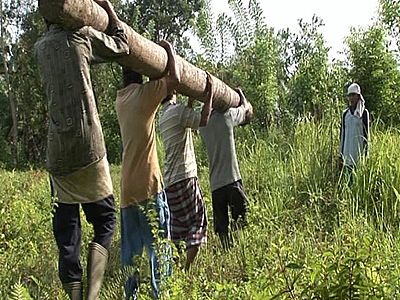 Greetings! We are the Gunung Mas Community from West Aceh. We are a community formed after the great earthquake and tsunami that struck the coasts of Aceh and caused so much devastation at the end of 2004. Nearly all of us lost family and friends to the deadly wave. Some of us lost many members of our family. A few of us are left with just one or two distant family members. In many ways we are all children of the tsunami.
Greetings! We are the Gunung Mas Community from West Aceh. We are a community formed after the great earthquake and tsunami that struck the coasts of Aceh and caused so much devastation at the end of 2004. Nearly all of us lost family and friends to the deadly wave. Some of us lost many members of our family. A few of us are left with just one or two distant family members. In many ways we are all children of the tsunami.
The great wave left countless people wandering around the country looking for family members who might have survived. We did not all always find our lost relatives but here in Gunung Mas we found a community. It is this spirit of community which gives us support and now we strive to make a new life. With the help of the Almighty we are trying to give life meaning again not only for us but for all Achenese people. Gunung Mas means mountain of gold in our language. Hope is gold.
So here we are in Gunung Mas with Abu Ibrahim and Abu Othman, who founded the community. Abu Ibrahim is now 106 years old. We are all his family. Many of us still live in tents but it doesn’t matter. Little by little we build houses so that we can all live more comfortably with a proper roof over our heads. Sometimes when we have petrol for the chainsaw, we bring trees from a nearby forest, drag them down the stream and then cut them for pillars, floors and walls as we have always done. The women make the roofing out of Sago leaves in the traditional style.
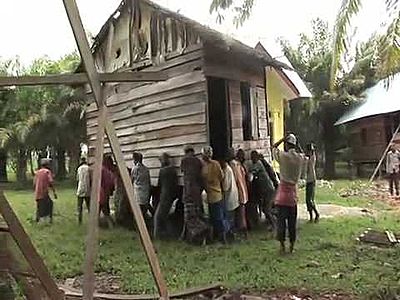 We now have two schools. We call them Pesantren: one for girls and one for boys: Some two hundred in all, many of them orphans from war or the tsunami. We built everything with our own hands. The Aid agencies seemed to be interested only in building where there were formerly communities by the coast destroyed by the tsunami. Altogether we are about 300 people. Sometimes people hear of what we are doing and come from afar to join us and help us to realize our dream. They feel comfortable here and life is meaningful again.
We now have two schools. We call them Pesantren: one for girls and one for boys: Some two hundred in all, many of them orphans from war or the tsunami. We built everything with our own hands. The Aid agencies seemed to be interested only in building where there were formerly communities by the coast destroyed by the tsunami. Altogether we are about 300 people. Sometimes people hear of what we are doing and come from afar to join us and help us to realize our dream. They feel comfortable here and life is meaningful again.
Actually we could call our community an eco-village. It’s all about repairing the environment and repairing ourselves. We have plenty of land, more than a thousand hectares we can use and a big powerful river nearby. If we could get a micro turbine, the river would give us plenty of electricity with no carbon emissions. This would set a pattern for the rest of post-tsunami, post-war Aceh, which at present gets irregular supplies of electricity from outside Aceh. We want to start thinking locally and to become self sufficient and sustainable. Now the army has gone since the Peace Agreement of August 2005 and there is a new government of an autonomous Aceh. Let’s make a new Eco-Aceh! Our village is a really pioneering project on new land.



 Ecovillages
Ecovillages


